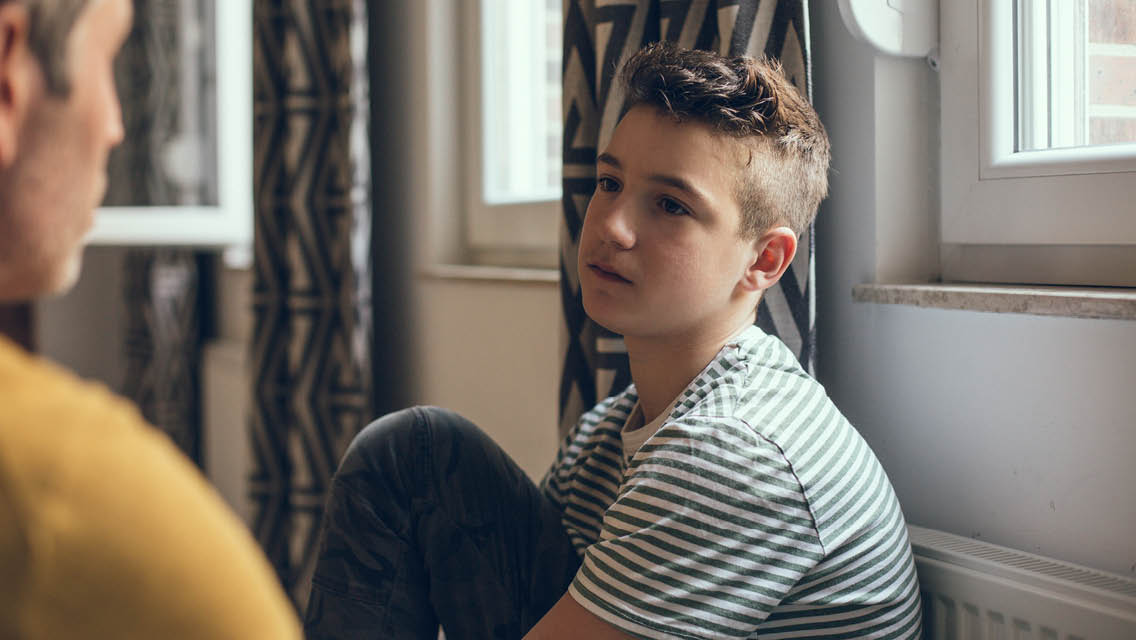Children and teens diagnosed with depression are more likely to suffer a wide range of illnesses later in life — as well as premature death — according to a long-term, large-scale observational study from 2020.
Part of the association may be due to other psychiatric issues, such as substance misuse and anxiety, which are often linked to depression, the study’s authors explain in JAMA Psychiatry.
“This study highlights the importance of detecting and treating depression in children and adolescents, and indicates that people who have experienced youth depression and the clinicians treating them should be vigilant for signs and symptoms of other psychiatric and medical problems,” explains Sarah Bergen, PhD, senior researcher at Sweden’s Karolinska Institutet. “Early detection and treatment nearly always yields better outcomes for health issues.”
Bergen and her team followed a group of almost 1.5 million Swedes — evenly divided between girls and boys — for 12 to 26 years until they were ages 17 to 31. More than 37,000, or 2.5 percent, had been clinically diagnosed with depression at least once between the ages of 5 and 19.
Depression can occur at any time in life, but symptoms may vary between youths and adults, according to the Mayo Clinic. In younger patients, depression can cause emotional changes, such as persistent sadness, frustration, anger, hopelessness, and low self-esteem.
It may also lead to physical and behavioral changes, including insomnia or fatigue, loss of interest in activities, agitation, restlessness, or even self-harm or suicidal ideation.
Depression is rarely diagnosed in young children, but it increases in prevalence through the teen years, rising from less than 1 percent among those age 8 and younger to 5.6 percent for adolescents ages 14 to 18, the study notes.
Researchers found that depressed youths were more likely to suffer from any of 66 medical conditions later in life out of 69 examined conditions — including sleep disorders, type 2 diabetes, viral hepatitis, kidney and liver diseases, atherosclerosis, and cardiovascular disease.
They also experienced a significantly higher risk of injuries, especially injuries inflicted by self-harm, and an almost sixfold higher risk of premature death.
The study also revealed other differences. Girls diagnosed with early-onset depression were more likely to suffer from urinary, respiratory, and gastrointestinal infections. Boys were more likely to face obesity and thyroid-gland problems, as well as celiac disease, connective-tissue disorders, and eczema.
A 2020 meta-review of 63 studies, published in the Journal of the American Academy of Child and Adolescent Psychiatry, found that youths were more likely to experience higher rates of depression and anxiety during and after the enforced isolation of the COVID-19 pandemic.
“Home confinement and lack of opportunities to explore, develop skills, and gain confidence in their abilities separately from their family is likely to have an impact on young people’s sense of independence. The lack of social interaction has extensive impacts — on socializing and social skills, on mood, and on social and self-identity development,” explains lead author Maria Loades, DClinPsy, at England’s University of Bath. “We found some evidence that it is the duration of loneliness [versus intensity of loneliness] that is more strongly associated with later mental-health problems.”
The ongoing effects of racism can also be a key determinant of mental and physical health at all ages, including depression, anxiety, and psychological stress, according to a 2015 meta-analysis of 293 studies published during the previous 30 years. The review in PLOS One found the most frequently reported mental-health issues to be depression, poor self-esteem, psychological stress, and anxiety.
Learn More
Looking to enhance the mental health of a loved one — or yourself? We’ve curated a range of articles to help you support your mental health needs here.
This article originally appeared as “Long-Term Effects of Youth Depression” in the June 2021 issue of Experience Life.





This Post Has 0 Comments